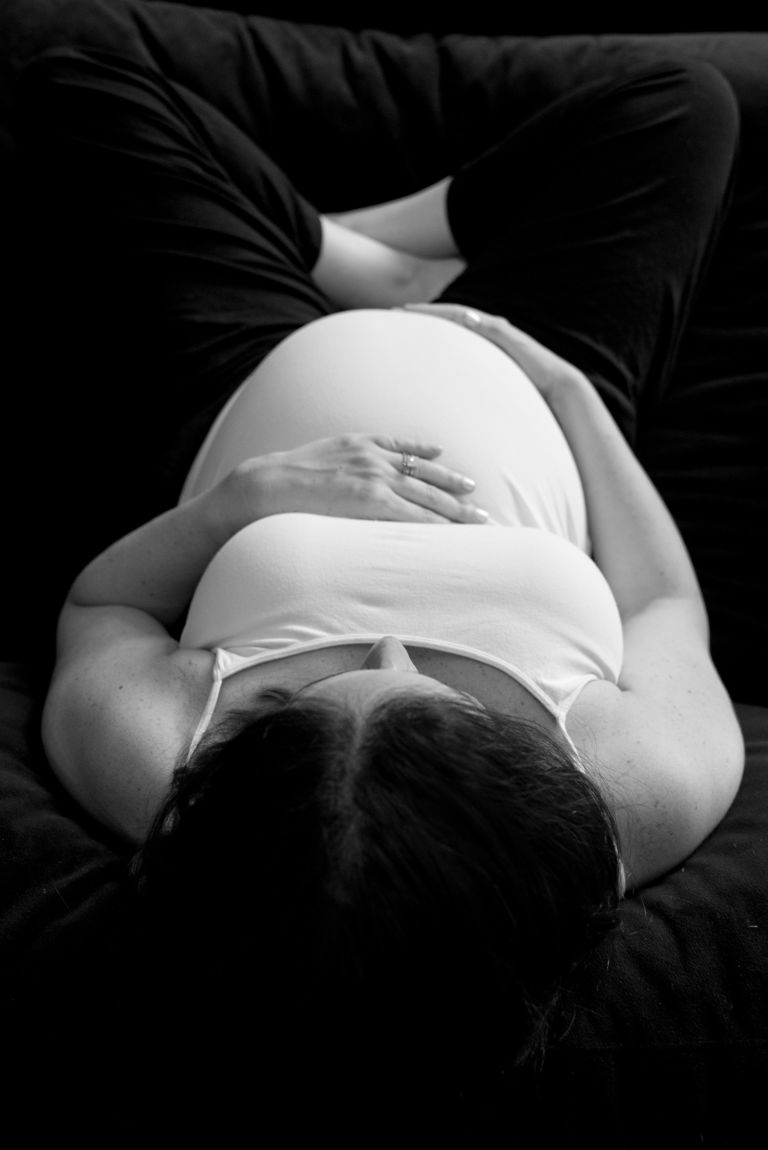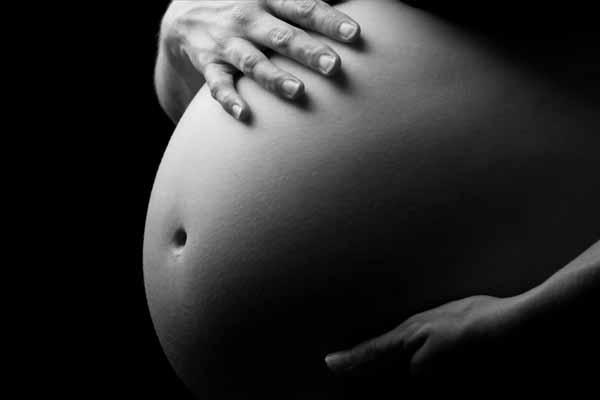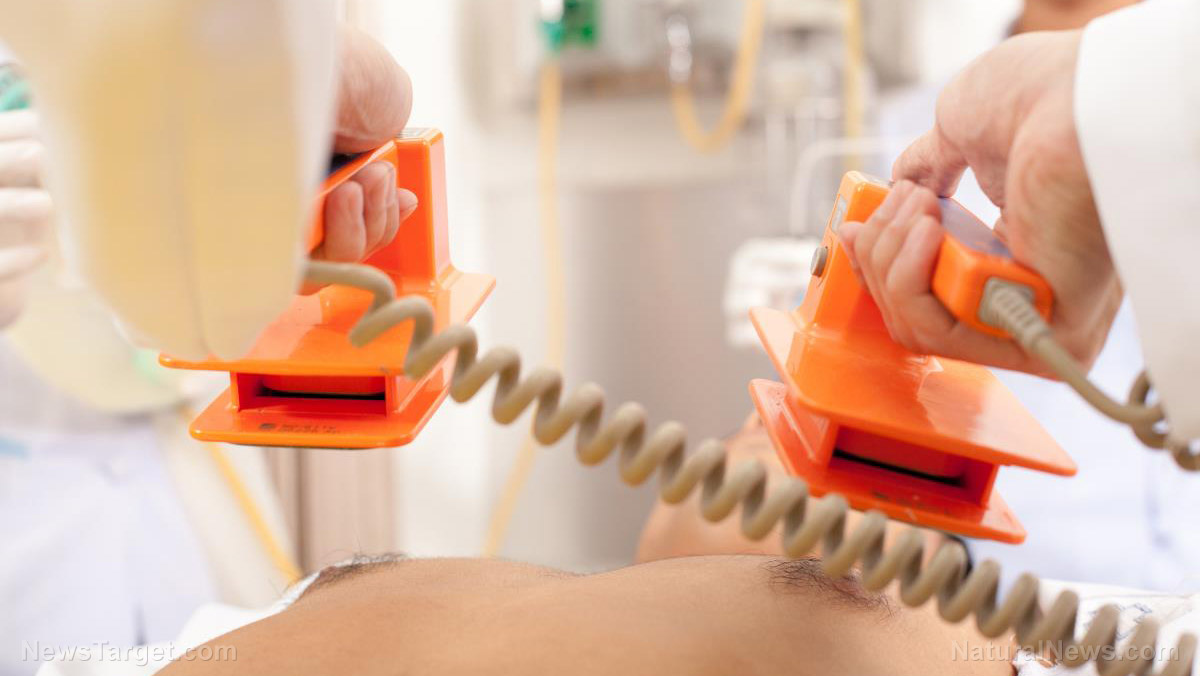Nine months after giving birth to my daughter, I weigh less than I did pre-pregnancy. At least I think I do. I don’t know for sure because I stopped weighing myself around 2011 when I committed to the idea that the numbers on the scale would no longer measure my self-worth. But my clothes fit looser and I’m certainly getting a lot of comments about it. “Wow, you look great! You don’t look like you just had a baby! You got your body back so fast!”
(Article by Alexis Conason)
I’m never quite sure how to respond to these comments. They are given with an air of congratulations, as if my body behaving as it did were a major accomplishment. The truth is: I haven’t done anything out of the ordinary to “win” the prize of thinness. It could be the breastfeeding. Or all the walking I do with my daughter. Maybe it’s because I no longer go out to dinner (except on the rare occasion that we get a sitter, which has been, like, twice).
More likely it’s because I had a high-risk pregnancy, which kept me on strict bed rest for the final month, and stress blunted my appetite. I was terrified of premature labor, concerned about the health of my baby, and struggling with a sudden identity shift. One day I was a psychologist, writer, wife, and mother-to-be actively engaged in life; the next, I was simply a vessel whose sole purpose was to remain as still as possible until the life forming inside of me was ready to enter the world.

I tried to meet the nutritional needs of my growing baby, but I couldn’t keep up. My muscles shriveled from immobility. I didn’t gain any weight in my third trimester, and on the day that I delivered my baby I weighed only 15 pounds more than I did pre-pregnancy.
We are convinced that a mother who gains too much weight during pregnancy is irrevocably harming her child, but one who gains more modestly is demonstrating admirable self-restraint. Given a prescription based on guidelines from the Institute of Medicine and adopted by the American College of Obstetricians and Gynecologists for the “correct” amount of weight to gain depending on our pre-pregnancy weight, women’s bodies are scrutinized at each doctor’s visit as we step on the scale. If you weigh “too much” at the start of your pregnancy, you are instructed to minimize your gain, even though this may mean restricting your food intake and depriving your growing fetus of essential nutrients. (As if pregnant women have the ability to regulate like this, or any control over the insatiable hunger that occurs in some pregnancies or the unbearable “morning” sickness that prevents weight gain in others.)
ON THE DAY THAT I DELIVERED MY BABY I WEIGHED ONLY 15 POUNDS MORE THAN I DID PRE-PREGNANCY.
This emphasis on the dangers of excessive weight gain is a dangerous fallacy that leads women to feel as if we have failed at motherhood before our babies are even born. There areassociations between excessive weight gain during pregnancy and high fetal growth, obstetrical complications, and maternal weight retention. But the research is unclear as to whether weight gain causes these conditions or whether they occur in the context of other factors such as poor nutrition, low physical fitness, stress, genetics, or other medical issues. Weight is an imperfect measurement of health and an even more imperfect measurement of parenting skills.
While we vigilantly police women’s bodies to prevent excessive weight gain, we seldom discuss the risks of not gaining enough, even though the medical consequences are far more dire: Small-for-gestational-age babies are more at risk of birth complications, difficulty breathing, difficulty regulating blood sugar, and abnormal neurological signs.
This misplaced emphasis seems an outgrowth of the fact that our culture always views weight loss as a good thing—even when there is evidence to the contrary. We forget that weight loss can be a manifestation of physical illness and emotional issues. We congratulate women for losing weight when, unbeknownst to us, they are undergoing chemotherapy, grieving the loss of a loved one, suffering from depression, or struggling with an eating disorder. We don’t see their pain, fear, or trauma, only their slimming bodies.
SOCIETY PROMOTES THE IDEA THAT WOMEN SHOULD RETURN TO THEIR PRE-PREGNANCY WEIGHT ALMOST IMMEDIATELY—EVEN THOUGH THIS IS SELDOM A REALISTIC OR HEALTHY PROPOSITION.
The weight loss I experienced after giving birth represents one of the most challenging times in my life. My thinner body reflects the fear that I experienced as I lay in bed, 34 weeks pregnant, terrified that my baby would be born too early. My thinner body reminds me of the emergency medications that doctors gave me during the C-section to control excessive bleeding. It recalls those first weeks home with my healthy, but tiny, daughter, so overwhelmed both with joy and with the responsibilities of caring for and feeding a newborn that caring for and feeding myself fell by the wayside.
Yet my weight loss is seen as a triumph. Society promotes the idea that women should return to their pre-pregnancy weight almost immediately—even though this is seldom a realistic or healthy proposition. When it seems as though one of us has accomplished this impossible feat, that body becomes an object on which to project our own insecurities. “What’s my excuse? I had my baby three years ago and I still haven’t lost the weight,” an acquaintance asked upon seeing me at a professional meeting, as if I’ve somehow figured out the secret sauce. I felt like a deer trapped in the headlights, not sure if I should apologize or say thank you, neither of which felt right to me. I didn’t feel like saying “thank you”; I didn’t want to collude with the myth that thinness is a desired state, that is it the only manifestation of female beauty, or that there is only one acceptable body size.
I wrapped my cardigan more tightly around myself in a futile attempt to hide the body that aroused her curiosity and discomfort. ‘This is what my body did,” I uttered with a shrug before making a quick dash for the restroom.
Everyone’s body responds differently after having a baby. A multitude of factors influence the ways that our bodies transition: genetics, breastfeeding, recovery from surgery, postpartum depression, social support, and self-care to name just a few. Whether you gain or lose weight, change shape, or pee yourself every time you laugh, your body is doing the best that it can to recalibrate after the miraculous and traumatic process of childbirth.
My body responded to my own particular set of circumstances. And I don’t think I need to explain this to anyone. (Nor do I have time; I had a baby nine months ago, no matter what my body looks like.) I don’t blame the people who make these comments; they are products of our culture. But that doesn’t change the fact that my body is none of your business. Whether I’m fat or thin, whether I’ve lost the “baby weight” or still look like I’m six months pregnant, whether I’m flaunting stretch marks or rocking a low cut bikini revealing my C-section scar, my body is none of your business. Not before I was pregnant, not while I was pregnant, and definitely not now.
Read more at: elle.com






















